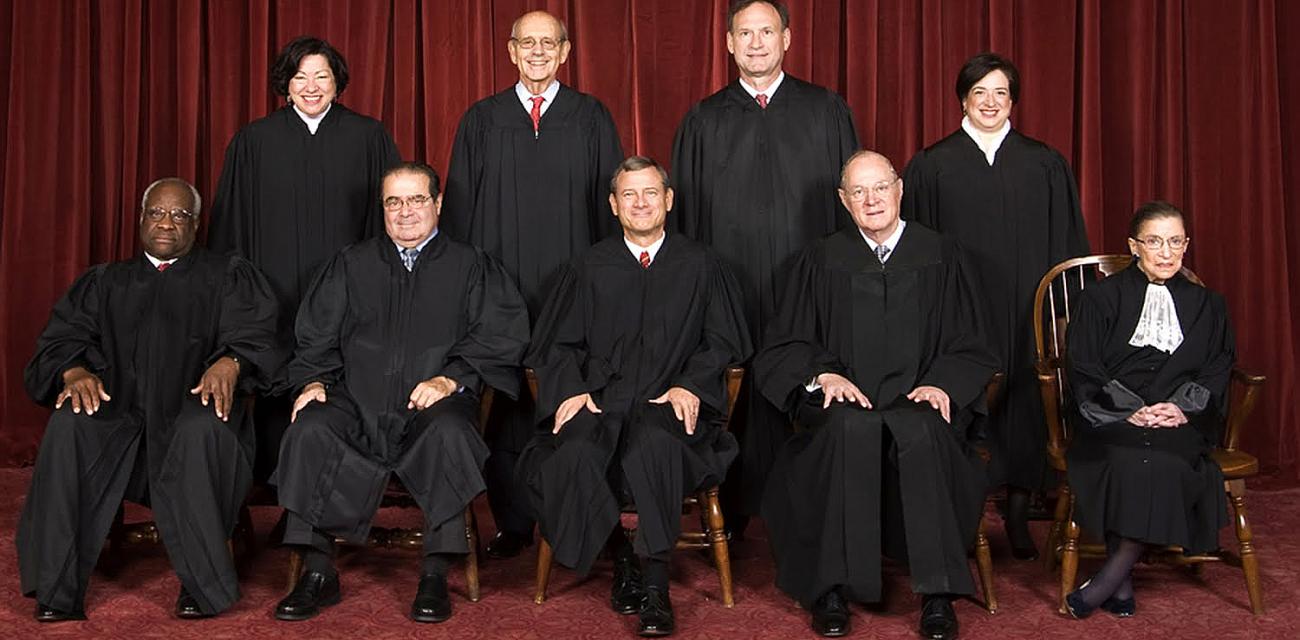You may have heard a lot of people in and around the teaching profession talking about the potential impact that “Friedrichs” might have on teachers unions. You may also have asked yourself, “What is Friedrichs and why does it matter?” Here’s what it is and why it matters.
During this current session, the United States Supreme Court will hear arguments in the case of Friedrichs v. California Teachers Association. In this case, lawyers representing Rebecca Friedrichs and other school teachers in California will argue that their clients should not be compelled to support the political activity of an agency associated with their government employment – such as a teacher’s union – if they disagree with that activity. Doing so, they maintain, is a violation of their First Amendment rights to free speech. The government lawyers representing the California Teachers Association will argue that government employees can be compelled to support certain political activity because the individual’s status as an employee of the government overrides their rights to individual freedom of speech.
In addition to the First Amendment considerations, the other major issue at hand here is that teacher unions provide a wide number of services to all of their members, including collective bargaining, management of benefits such as the pension fund and disability, and legal defense of teachers in employment related matters. All of these services cost money which come from the union dues paid by teachers. If the Supreme Court sides with Friedrichs, teachers who choose not to be a part of the union would not have to pay union dues at all. Nevertheless, the union would still have to come up with the money to provide union services to those teachers even though they are not dues paying members.
Without question, allowing union members to “opt-out” of paying union dues would strike a devastating blow to teachers unions, and, in so doing, establish a legal precedent which could impact the activities of all organized labor unions across the country. Forcing unions to provide services to non-dues paying teachers without the revenue needed to pay for those services could cause unions to go bankrupt and shut down their operations.
A court decision in favor of Friedrichs would alter a legal compromise fashioned by the Supreme Court back in 1977 in Abood v. Detroit Board of Education. In the Abood case, the court determined that even if public workers decline to join the union, they could still be required to pay for certain union activities to prevent freeloading and ensure labor peace overall. In the same judgment, the court ruled that non-union members could not be forced to pay for the union’s purely political activities because that would constitute forbidden compelled speech under the First Amendment.
In our district, for example, teachers who choose not to be a union member are required to pay an “Agency Fee” to cover the expense of services provided to them by the union. In the state of New York, teachers are invited to voluntarily contribute to VOTE/COPE, a political organization which supports the interests of teachers. This establishes a very clear line between the political and non-political activities of our union.
The problem is that the lawyers representing Friedrichs are arguing that ALL activities of a union – including collective bargaining – are political and therefore, teachers who do wish to be a member of the union shouldn’t have to pay for any of it. While on the surface this argument doesn’t seem to have a great deal of merit, the case has progressed all the way to the Supreme Court, and does, in the view of many experts, have a strong chance to go in Friedrichs’ favor. Here’s why.
It is no secret that the current Supreme Court is split clearly along partisan lines where the party of the president who appointed each justice is a reliable predictor of how the justice may or may not rule. All five Republican appointees are to the right of all four Democratic appointees. A ruling in support of Friedrichs would most certainly be a ruling in favor of a Republican ideology as it would weaken the strength of organized labor across the country and make it easier to for corporate leaders to negotiate lower wages and benefits for their employees and keep more money in their own pockets.
Unions are hoping that the court will not see a strong enough argument in Friedrichs to completely alter the law established in the Abood case. However, should the court rule along partisan lines and side with Friedrichs, the decision could strike a blow to unions and change the structure of organized labor in as substantial a manner as the Citizens v. United ruling in 2010 changed the way political campaigns are financed in this country.
That’s what Friedrichs is. And that’s why it matters. -by Joseph Romano - LUT Corresponding Secretary
 2017 NYSUT Communications Award - Best Website
2017 NYSUT Communications Award - Best Website
